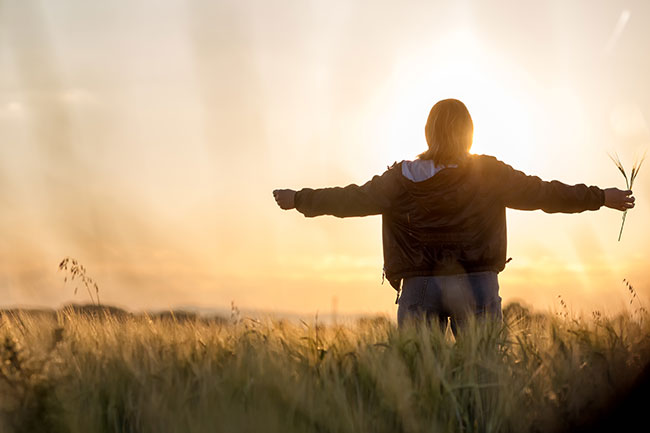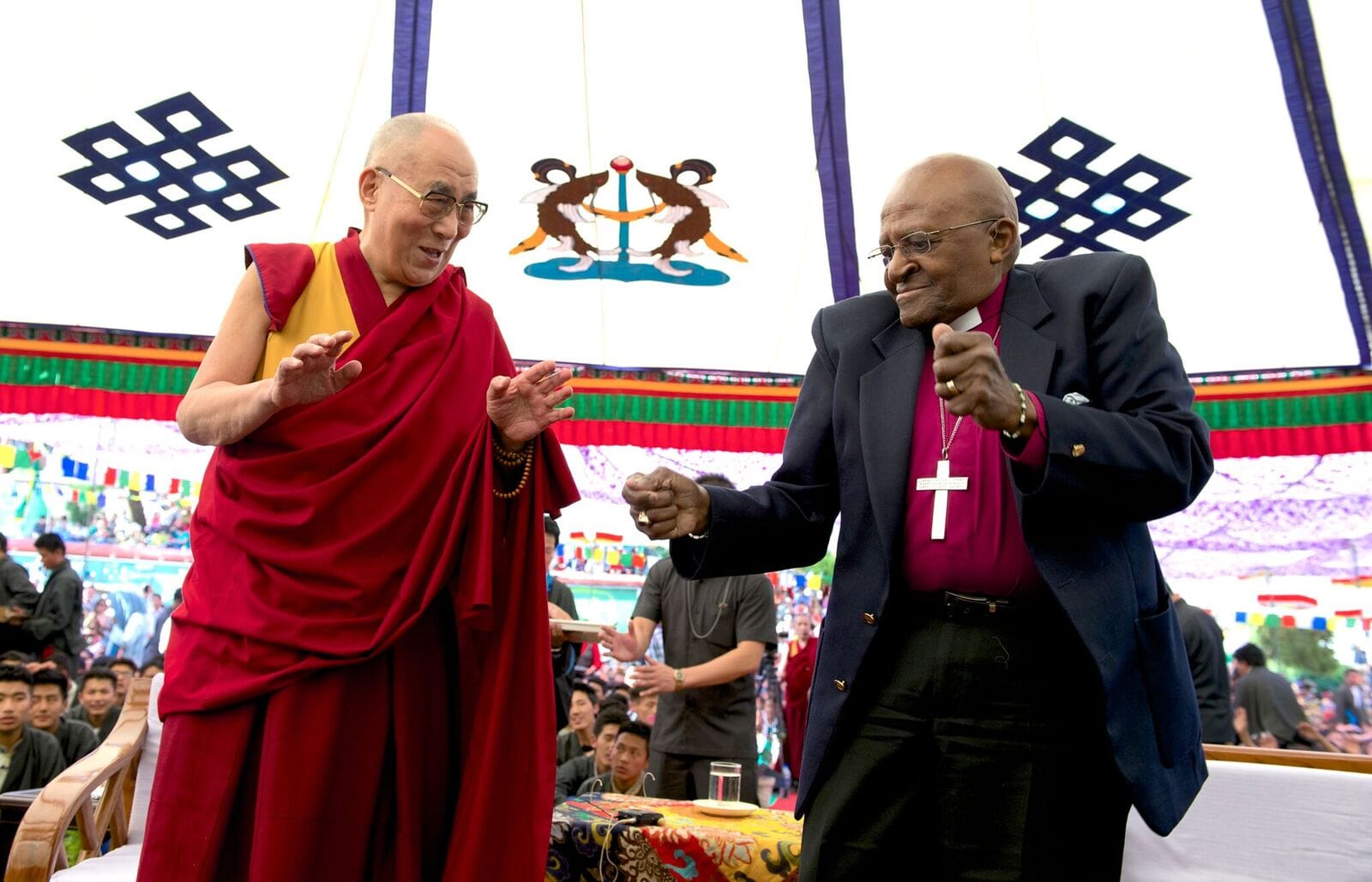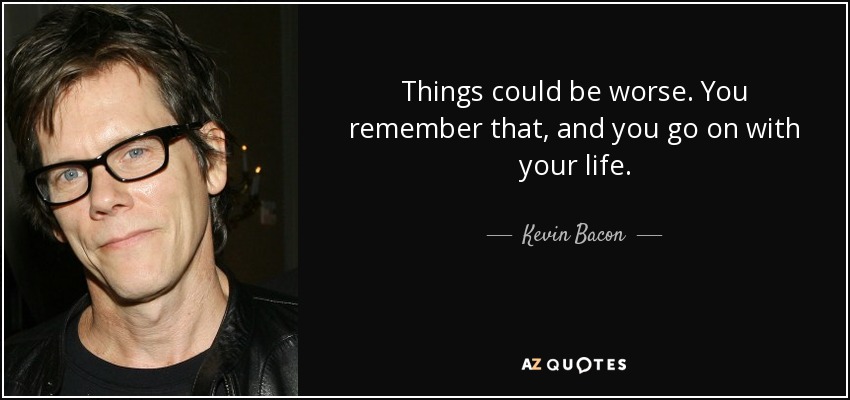These highlight write-ups seem to come around faster each year. My wife recently got a mug that says “The days are long, but the years are short,” in reference to time with our three month old baby, Henry. There definitely seems to be some truth to that statement. Time feels slow some days, but then we find ourselves about to celebrate the New Year and we look back at the last three months and feel like time went by quickly.
I appreciate the opportunity to think of a lot of the positive events that took place over the last year. I certainly have a lot to be grateful for in my life.
Here are my 2023 highlights, which of course cannot include everything:
- The birth of our son, Henry, on September 8th!
- Henry meeting all of our family members and friends
- Seeing Henry’s big smile, every time
- Henry laughing!
- Henry’s first Thanksgiving and Christmas
- Our baby shower for Henry! We had a lot of family and close friends come for a splendid time
- Our health and the health of our family-members and friends
- Time spent walking, cuddling, and having fun with our doggo, Miss Jovi
- Seeing Jovi playing with her dog friends
- My cousin Jonny’s wedding in Petworth, England, with all of my extended family on my Mom’s side. Time spent in England feels special, especially with my Grandma, who is 97 years old
- Both Katie’s, who are Veronica’s good friends, celebrating their weddings with us in attendance
- Being a groomsman in Vince and Brittany’s wedding. We greatly enjoyed all the joking and dancing
- Two weeks after Vince’s wedding, I was a groomsman in Rudy and Lauren’s wedding! We had a blast with all of our Ursinus friends
- To cap off our summer of weddings, we loved Jame’s and Brie’s wedding in August with more Ursinus friends from the past. Veronica was around 36 weeks pregnant at the time and still dancing around
- Our babymoon in Williamsburg, Virginia. We went to each spot of the historic triangle and visited Virginia Beach
- The Hanukkah party at the Skobeloff’s. Everyone loved meeting Mr. Henry
- Being asked to be one of Jonah’s groomsmen for his wedding with Lena. Dudek and his parents were there with us as well that day to meet Henry
- Helping coach the Bristol track and field and cross country teams. Above all, I appreciate working with the students to help them grow and develop in the sport. I have a lot of fun running with them and pacing them in workouts. Our boys 4×8 relay won the district and ran well at states. Our boys cross country team was the first team in school history to qualify for the state meet as a team. Four girls also qualified!
- Working with my students and co-workers at SJU. Lots of big accomplishments and growth for the students in our program
- My colleague’s wedding in October, making that seven weddings for the year!
- All the laughs we shared
- Reading some great books, including Outlive and Master of Change
- Revealing the news about Veronica’s pregnancy to our family members and friends
- All the meals and times shared with our family members and close friends
- Vince’s bachelor party weekend in Philly. I’m getting too old for that kind of fun lol
- The winter series races
- The opportunity to grow and learn
- Feeling God’s love









